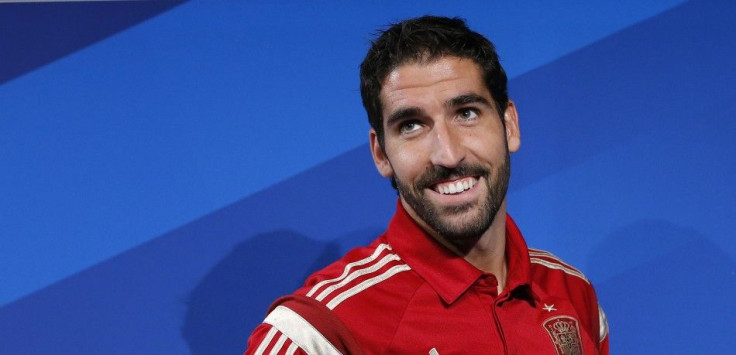Your Face Is The Book Of Your Personality

Are you the type of person who can easily tell what kind of friend you have by just looking at his face?
I am sure that you can in just 13 milliseconds. It can be done faster than "the blink of an eye (which takes 300 to 400 milliseconds)", according to a new research by neuroscientists in York University.
With one look, we can quickly figure out facial features that convey "dominance, submissiveness, trustworthiness, intelligence and approachability", according to smh.com.
How true are their findings? Researchers created "mathematical models of different faces", in which the visible signs of those characteristics were captured.
They were displayed to others in the study and found that the appearances as well as their impact on the viewers did match.
Lead author, Tom Hartley, according to smh.com, said that while diverse features on once face would not make the deductions so straightforward, "someone with a broad smile is seen as more trustworthy and approachable while someone with a good tan and strong jawline is considered to be more dominant", he stated.
Other studies have explored what we consider important: is that maybe there is a connection between our faces and our personality traits. Some faces look intelligent. They are longer, with more space between the eyes, a bigger nose, the extreme ends of the mouth turning up and a pointed chin.
In another study, men with broader faces are found to be more financially shrewd than those with thin ones. The research was conducted by University of California-Riverside, London Business School and Columbia University.
Strong-headed men were found to be more serious in negotiation. They managed to strike higher negotiations and got better-rated bonuses too. However, "fat-faced men" seemed more selfish, lying and cheating, while men who looked attractive could collaborate better.
Although the researchers did not include women in the study, they did assert that the structure of the face can be linked with certain personality traits.
In another experiment, by Cornell University, the experiment looked at the impact made by "judging a book by its cover".
When shown some photographers of strangers, members of the study team made some impressions of the relevant people that was found correctly deducted when they met up one month later.
Since our first impressions nowadays are getting virtual, the studies may help us to put up pictures that express our personalities. "You would be able to use these kind of findings to decide when is a good time to take a photograph or maybe to choose the photograph that's really optimal in putting forward the best possible impression", Tom Hartley said, in Psychcentral.




















